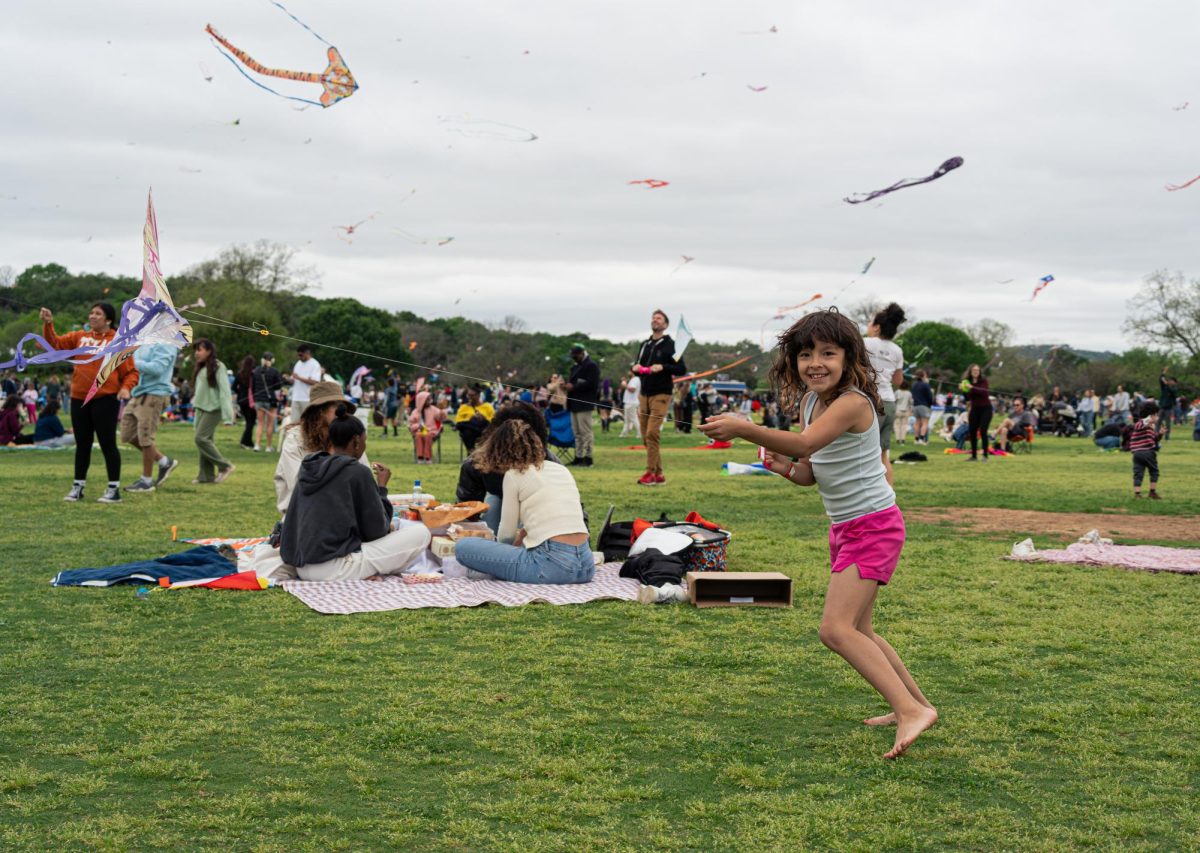Austin’s Office of Homeland Security and Emergency Management holds emergency preparedness pop-up events to educate Austinites on preparing for natural disasters from winter storms to wildfires.
Held on the third Wednesday of every month since the beginning of 2023, excluding September and December, the events take place at a different Austin Public Library branch each month, said David Wiechmann, public information officer with Austin’s Office of Homeland Security and Emergency Management.
“A prepared community is a resilient community,” Wiechmann said. “That way, if we have another major winter storm event or a tornado like the one that hit Round Rock a couple of years ago, people know what steps to take to prepare themselves before, during and after an event like that.”
Wiechmann said the events focus on the four steps of emergency preparedness — make a plan, build a kit, know your neighbors and stay informed. Attendees receive a neighborhood preparedness guide and checklists for building emergency kits.
“If an emergency strikes, you are the help until the help arrives,” Wiechmann said. “We want people to be prepared and able to handle any situation they might face.”
Wiechmann said the events also provide an opportunity for other public service departments and groups, such as the Austin Fire Department, to get out into the community and educate residents on specific areas of emergency preparedness.
Toby Hatton, director of the operations, disaster recovery and medical response unit at Ascension Seton, said he presents at the pop-up events on how to prepare an emergency kit on a budget.
“You have to think out all scenarios, and so it causes people to think and say, ‘What do I need to go from day to day to survive?’” Hatton said. “The needs should be covered in your bag.”
The events also target certain locations in different months based on which natural disasters most impact that region, Wiechmann said, such as holding trainings in West Austin before wildfire season.
“We have the Austin Fire Department’s wildfire division there to (educate on) wildfire evacuation plans and how to ready your home for a wildfire,” Wiechmann said. “It’s very targeted when and why we go to certain areas by trying to get vendors that are specific to the threats in that particular (area).”
Scott Filip, UT Office of Emergency Management communications specialist, said the University also holds trainings for students to learn what to do in emergencies.
“Students that take the time to learn about emergency situations that they may find themselves in are more prepared and empowered to act when needed,” Filip said in an email. “In high-stress situations people tend to fall back on their training to guide their actions.”
Wiechmann said the department still needs to finalize dates and locations for the 2024 schedule, but the last two events of this year will be on Oct. 18 and Nov. 15 at Austin Public Library’s Twin Oaks and University Hills branches respectively.
“Whenever (an emergency) is happening to you is the worst time to get prepared,” Hatton said. “Prepare before. You don’t want to meet your neighbors for the first time during a disaster … Meeting your neighbors and working together as a community is how everyone becomes more resilient.”




















